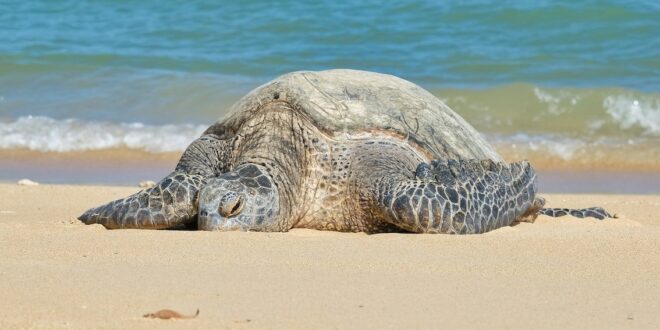If you grew up in the 60s and 70s, you probably remember your childhood fascination with the Guinness Book of Records, and ‘the oldest people in the world.’ Back then, it seemed most of these very elderly folk (100yrs +) were based in Japan. Since then, however, research into longevity has pinpointed several parts of the world where living to a great age seems to occur in clusters (regions researchers call ‘blue-zones’). These clusters (of which Japan is still one) include Ikaria (Greece), Loma Linda (California), Nicoya (Costa Rica), and Sardinia (Italy).
Some of the findings from these regions are astonishing. In Ikaria, for instance, a third of the inhabitants of the island live into their 90s. Health issues, such as heart disease, cancer and dementia, are few and far between – in fact, practically non-existent. So, just what is going on in this island in the middle of the Aegean Sea?
It turns out Ikarians have a relaxed lifestyle, taking little notice of clocks. They enjoy a glass of red wine, and getting together for a game of dominoes, but the longest-living of Ikarians have an even simpler existence. They tend to be some of the island’s poorest inhabitants, and they spend their days doing homely chores such as gardening, household jobs, and popping along the (often hilly) roads to visit neighbours. In short, they don’t have a rushed pace of life into which much must be crammed.
Like many blue-zoners, Ikarians eat a largely whole food diet – plant based dishes include lots of fresh fruit and vegetables, legumes, whole grain, and olive oil – the stuff they can produce themselves. They also make use of the mountain herbs growing all around them – antioxidant-packed plants such as oregano, rosemary and sage (the flavours of the Mediterranean). Because of their Greek Orthodox religion, Ikarians fast for much of the year. During these periods, they can often be found abstaining from the likes of meat, fish, dairy products, and on occasion, even olive oil. These fasting periods, which add up to around half the year, knock up to 30% of calories from the islanders’ diet. When they do consume milk, it tends to come from goats.
Head to any blue zone, today, and you’re likely to find similarities that include living on plant-based diets with just a smattering of meat, placing a high value on connections with family and friends, walking several kilometres a day, continuing with physical work and everyday chores, enjoying sensible, healthy doses of daily sunlight, living for the pleasure each day brings (rather than dwelling on past difficulties), and having a purpose in life – a reason to get up in the morning!
If we want to follow the model blue-zones present, one of the biggest take-homes we can find is these long-livers don’t do anything in extremes. You won’t generally find them on the marathon track, adopting fad diets, abstaining from alcohol, attending meditation retreats, or spending long hours on their knees in prayer. Instead, they do a bit of everything, but in moderation. For those who live in the blue-zone of California (where Seventh Day Adventists cluster) it means taking a break from the stresses of life at least one day a week.
So, to sum up, if we want to emulate blue-zoners in the hopes of a longer, healthier life, there are 10 modifications we can make (if we’re not already engaged in them):
- Take time out one day a week from your chores and the need to get through your to-do list.
- Build more whole foods into your diet, and replace at least some of your meat meals with plant-based dining.
- Up your level of socialising (even if it’s just a quick chat to a neighbour), and seek out support groups among friends and family.
- Exercise each day in a way that allows you to feel refreshed and not burdened.
- Find something to look forward to each day.
- Build volunteering into your weekly routine, or do something to helps others.
- Enjoy alcohol in moderation (unless it causes you difficulties in your life)
- Don’t dwell on past hurts and regrets. You could find a counsellor, or talk to friends, if you’re having trouble letting go.
- Do whatever it takes to reduce the stress in your life. Touch base with your GP if you need some help in this area.
- Grow and consume at least some of your own food, especially Mediterranean herbs such as rosemary, sage, and oregano.
If blue-zoners are anything to go by, less is more (it’s just we should take a quiet, moderate approach to achieving it!).









Join the Discussion
Type out your comment here:
You must be logged in to post a comment.